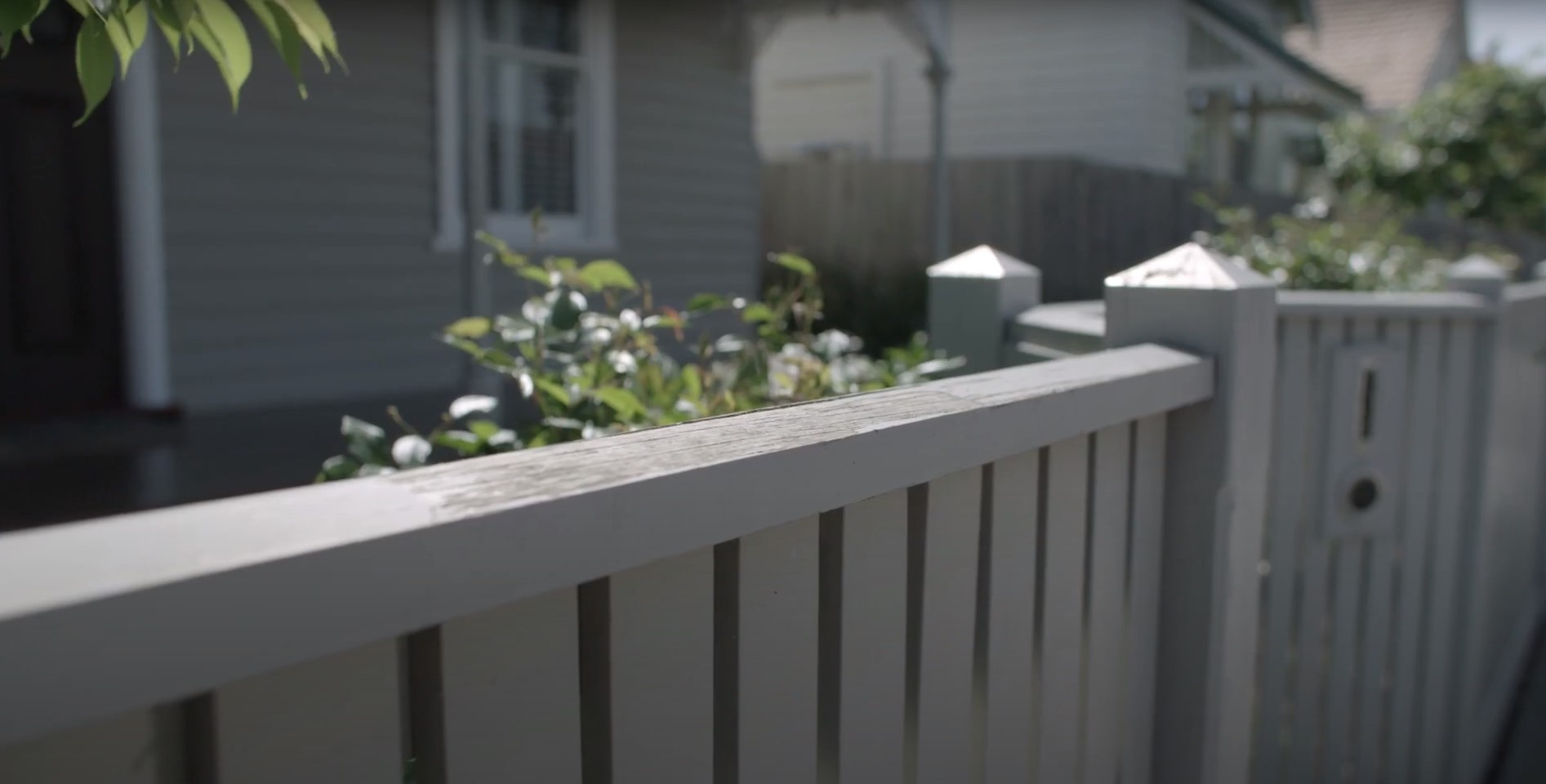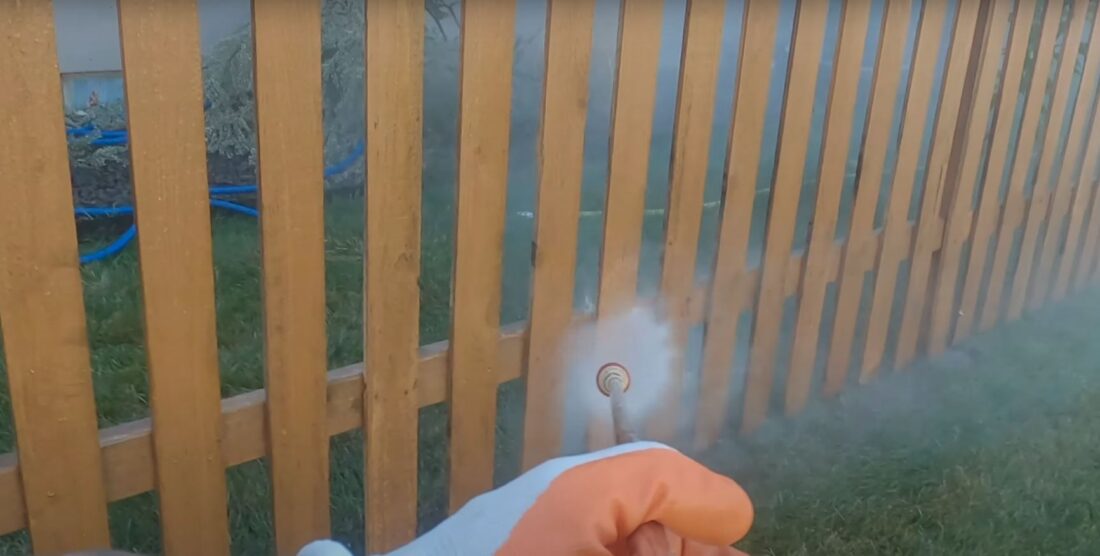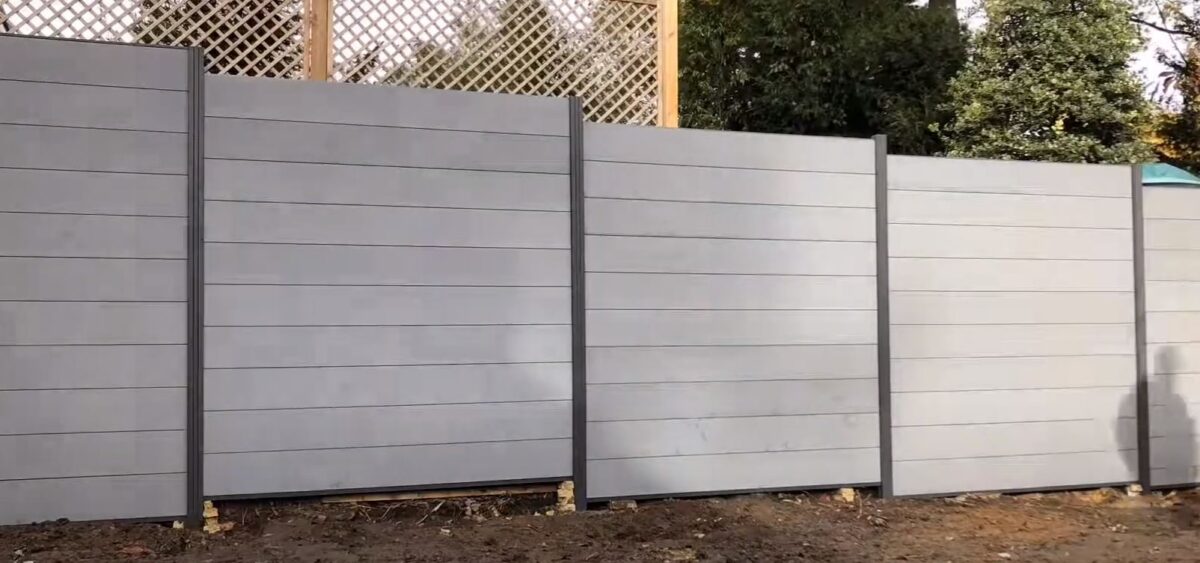Do Vinyl Fences Break Easily?
Understanding Vinyl (PVC) Fencing
Vinyl fences, also known as PVC fences, are popular for their durability, low maintenance, and aesthetic appeal. However, potential buyers often wonder if these fences are prone to breaking. Let’s explore the factors that impact the durability of vinyl fences and how they compare to other fencing options.
Durability of Vinyl Fences
Vinyl fences are generally known for their robustness and longevity. The material is engineered to withstand various environmental factors.
- Material Composition: Made from polyvinyl chloride (PVC), vinyl fences are resistant to rot, insects, and moisture.
- Weather Resistance: Vinyl can handle harsh weather conditions, including strong winds and heavy rain, without significant damage.
- Impact Resistance: While vinyl is flexible, it can withstand moderate impacts without breaking. However, extremely high force can cause cracks or breaks.
Factors Impacting Vinyl Fence Durability
Several factors can influence the durability of a vinyl fence:
- Quality of Materials: High-quality vinyl fences use thicker materials and are less likely to crack.
- Installation: Proper installation is crucial. Incorrectly installed posts can lead to instability and increased susceptibility to damage.
- Maintenance: Regular cleaning and inspection can help detect potential issues early, preventing long-term damage.
- Temperature Extremes: Vinyl can become brittle in extremely cold weather, making it more susceptible to cracking under impact.
Comparing Vinyl Fences to Other Fence Types
Wooden Fences
-
- Durability: Wood can rot, warp, and suffer from insect damage. Requires regular maintenance to extend lifespan.
- Strength: High-quality wood is strong but can weaken over time without proper care.
- Maintenance: Needs regular staining, sealing, or painting.
Metal Fences
-
- Durability: Highly durable and can withstand significant force. Prone to rust if not properly treated.
- Strength: Excellent strength, especially in steel and wrought iron.
- Maintenance: Requires periodic rust prevention treatments.
Composite Fences
-
- Durability: Combines wood and plastic for enhanced durability and weather resistance.
- Strength: Generally strong, with good resistance to rot and insects.
- Maintenance: Low maintenance, similar to vinyl, but more expensive.
Health and Safety Considerations
When choosing a fence, consider health and safety aspects:
- Non-Toxic Materials: Vinyl is non-toxic and safe for children and pets.
- Smooth Surfaces: Reduces the risk of splinters or injuries compared to wood.
- Fire Resistance: While not fireproof, vinyl is more resistant to fire than wood.
Local Considerations for PVC Fencing in Auckland
In Auckland, environmental factors can influence the choice of fencing material:
- Onehunga: The mix of commercial and residential properties in Onehunga may require durable, low-maintenance fencing solutions like vinyl to withstand heavy use and variable weather conditions.
- Botany Downs: The suburban nature of Botany Downs, with its family homes and gardens, makes vinyl an attractive option due to its safety, aesthetics, and low maintenance.
Comparison Table of Fence Types
| Fence Type | Durability | Strength | Maintenance Needs | Suitability for Auckland |
| Vinyl (PVC) Fences | High | Moderate to High | Low | Excellent for variable weather |
| Wooden Fences | Moderate | High (initially) | High | Requires regular maintenance |
| Metal Fences | Very High | Very High | Moderate | Suitable for high-security needs |
| Composite Fences | High | High | Low | Ideal for aesthetics and durability |
Technical Insights on Vinyl Fences
Material Composition
Vinyl fences are made from polyvinyl chloride (PVC), a plastic that provides excellent durability and resistance to environmental factors. The material is designed to resist UV degradation, ensuring the fence maintains its color and integrity over time.
Weather Resistance
- UV Stabilizers: Added to the PVC to prevent damage from sun exposure.
- Moisture Resistance: Vinyl does not absorb moisture, preventing rot and decay.
Installation Techniques
Proper installation is crucial for the longevity of vinyl fences:
- Post Setting: Posts should be set in concrete to provide stability.
- Panel Attachment: Panels should be securely attached to the posts to prevent movement and damage.
- Expansion and Contraction: Allow for thermal expansion and contraction to prevent cracking in extreme temperatures.
Maintenance Practices
- Regular Cleaning: Use mild soap and water to clean the fence and remove dirt and debris.
- Inspection: Regularly inspect for cracks or damage, especially after severe weather.
- Repairs: Address any issues promptly to prevent further damage.
Vinyl fences, or PVC fences, offer a durable, low-maintenance option for homeowners. They are resistant to many of the issues that affect other materials, such as rot and insect damage. Proper installation and regular maintenance can ensure your vinyl fence remains in excellent condition for many years. For professional advice and fence installation, consider engaging Quality Fencing Auckland.
Other Locations:



